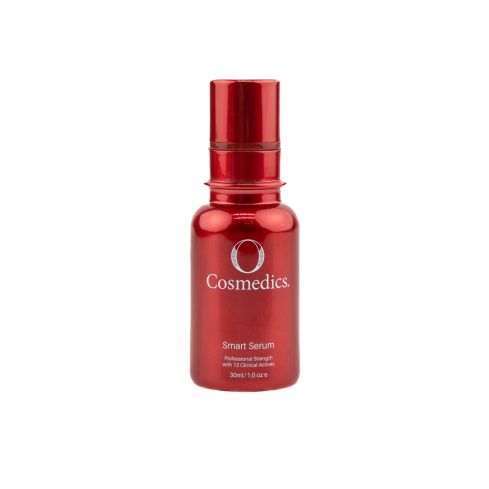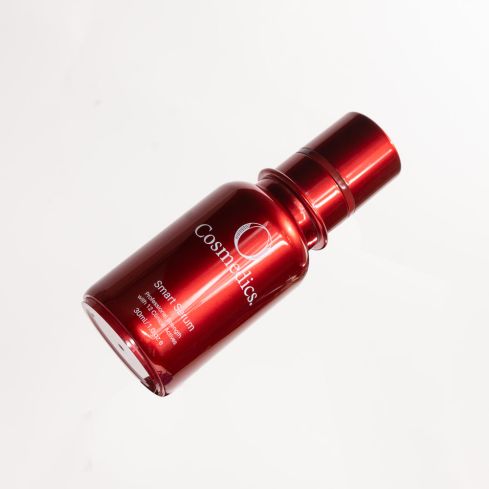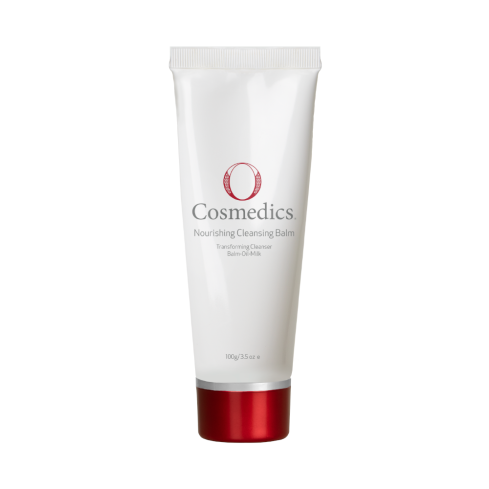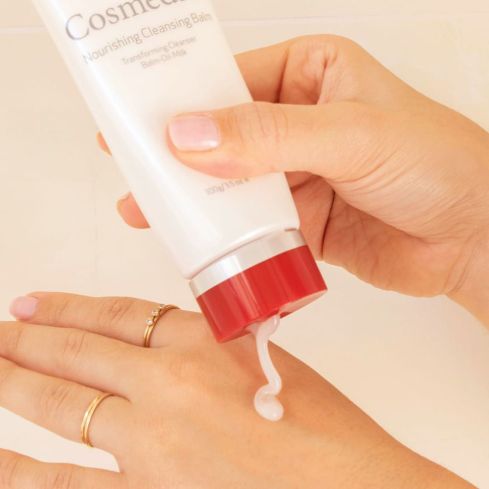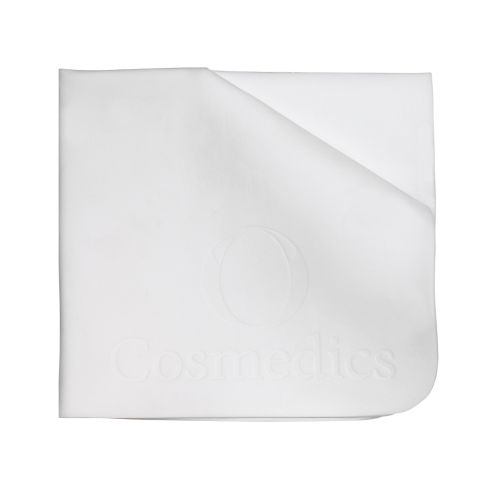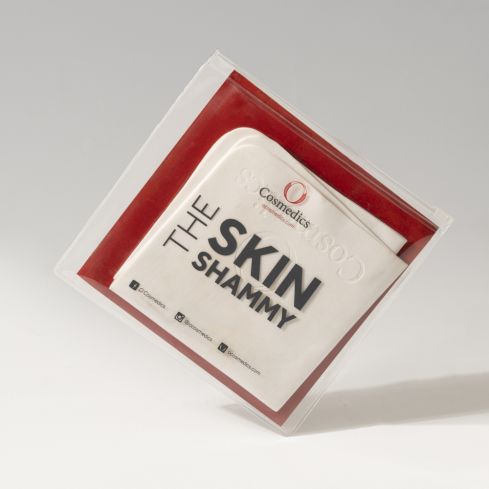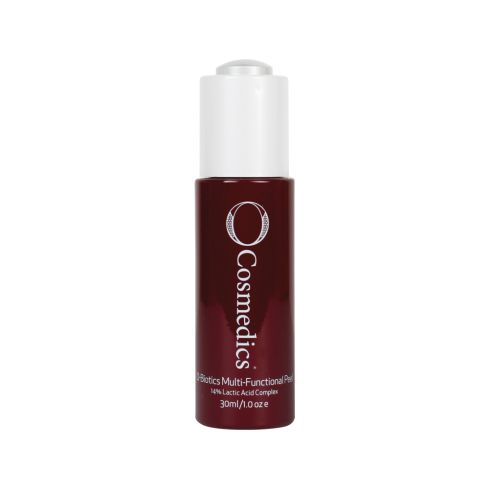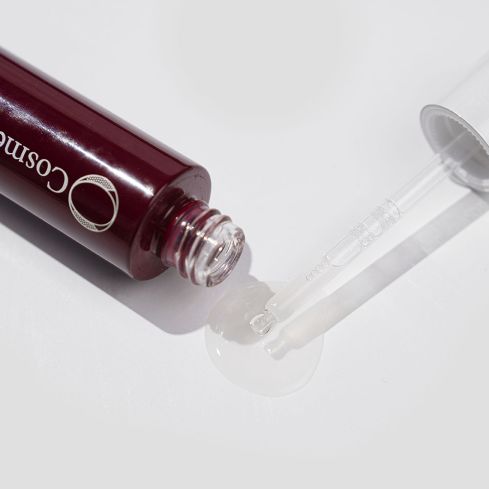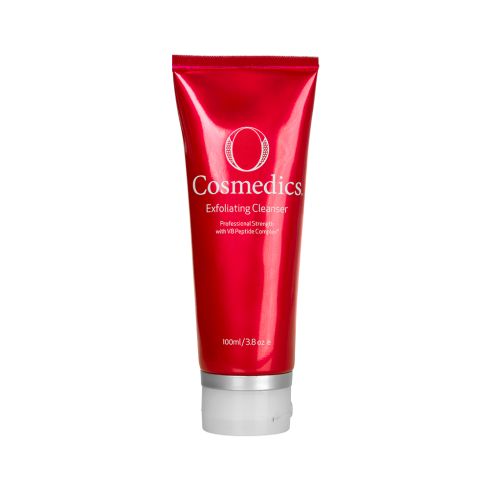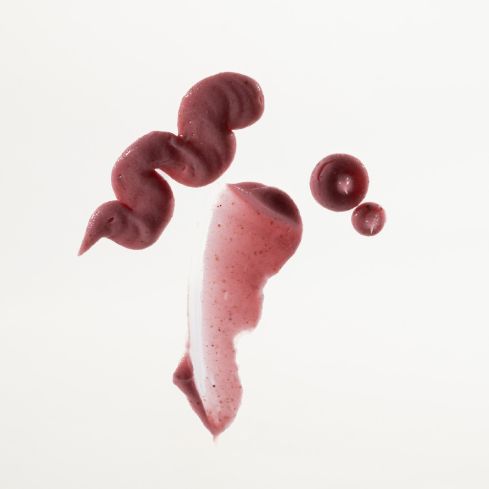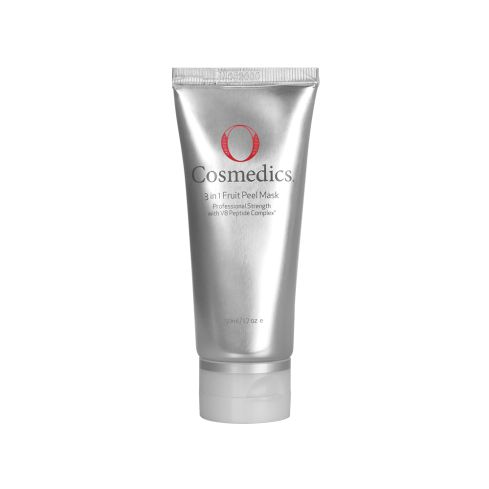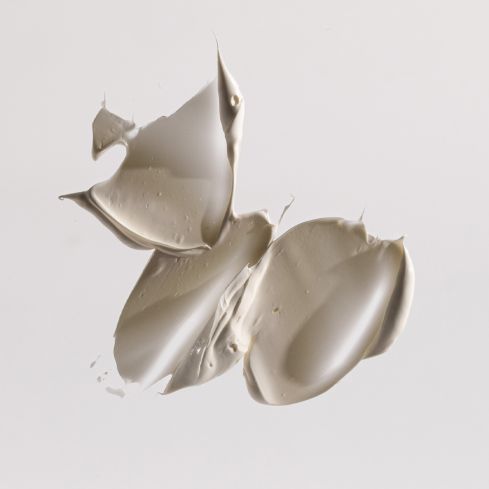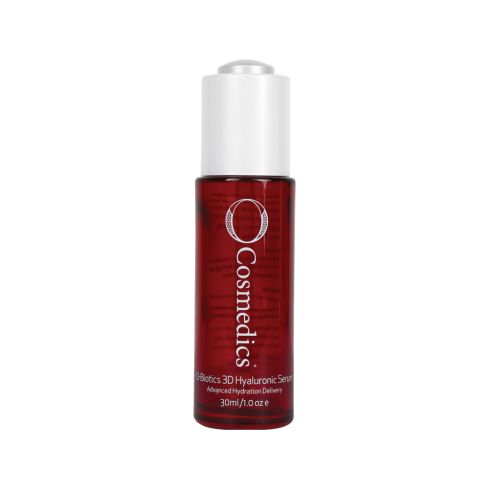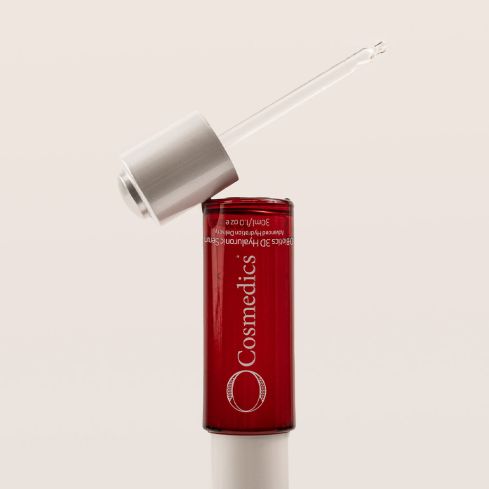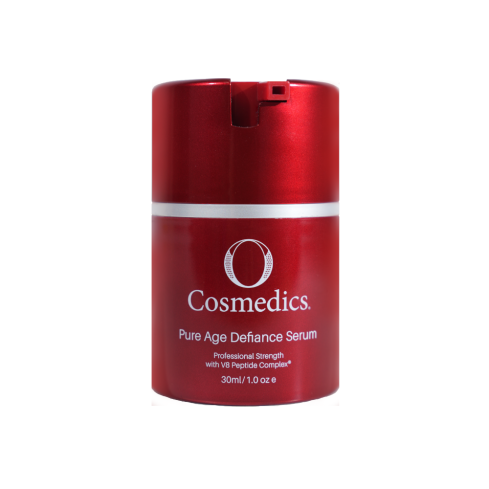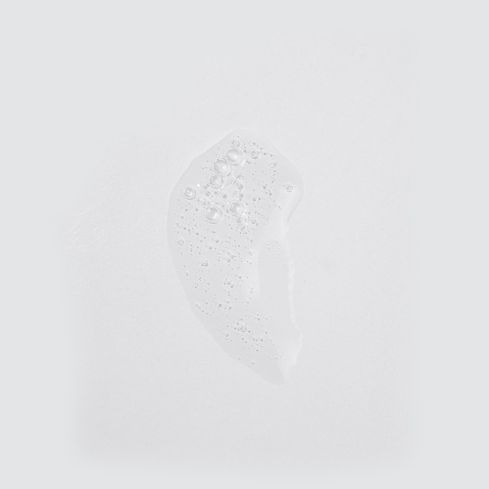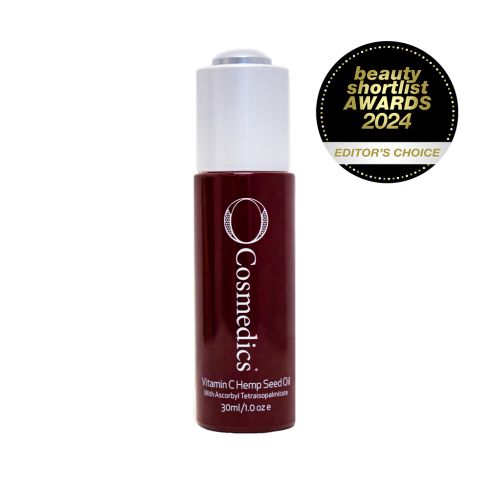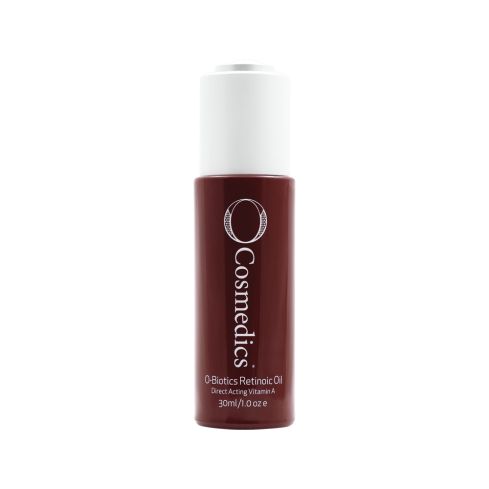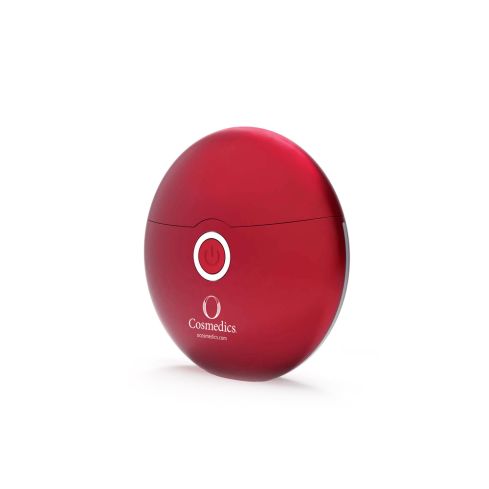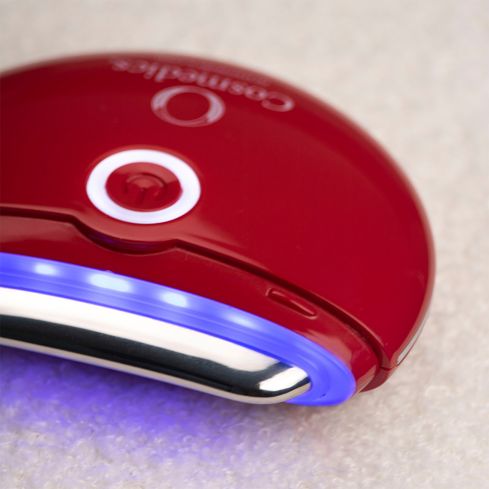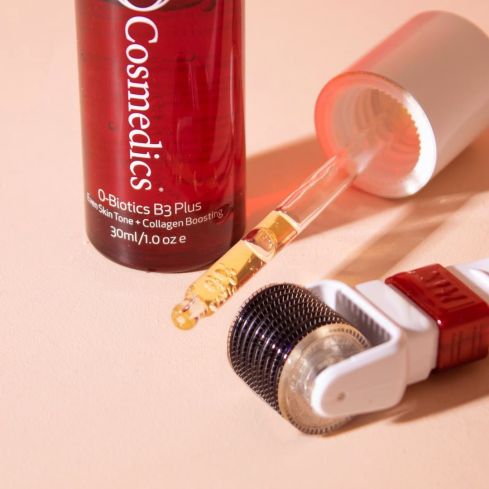
Dehydrated
A cosmedical brand, O Cosmedics was designed to be prescribed in-clinic by professional O Skin Experts who we trust (and are highly qualified) to support and guide you on your skin health journey. We believe that in order to achieve skin health, youth, confidence and ultimate transformations you should first visit an O Skin Expert for a skin analysis, diagnosis and prescription. Aside from the wealth of knowledge and boosted results you’ll enjoy by visiting a Clinic, you’ll also guarantee the products you’re using are right for your skin, saving your money and time. We are committed to transforming skin through a multi-faceted skin treatment approach, both home care and in-clinic treatments, to get the best out of our skin. We’re yet to find a way to have a qualified O Skin Expert pop out of your screen to prescribe a tailored routine to achieve your skin goals, so until then, we recommend you Find a Clinic and an O Expert to begin!
FAQ
Knowing the difference between dry and dehydrated skin will help you find the best hydrating skin products that are suitable for your skin type. Dry skin and dehydration are basically opposites but, at the same time, go hand-in-hand and often display similar signs and symptoms. So, what’s the difference and how do you determine whether your skin needs skincare for dehydrated skin or dry skin… Or both?
Here’s the difference. Dry skin is a skin type that lacks oils and dehydration is a skin condition where there is a lack of water. Your skin type is genetic and doesn’t ever change throughout the course of your life; you’re born with either true dry, true oily or sensitive skin and all three of these skin types are susceptible to developing dehydration… Yes, even an oily skin can become dehydrated.
Oily skin types generally become dehydrated due to incorrect product usage like over exfoliation and incorrect cleansing, ironically used in an attempt to remove the excess oil, which actually damages the skin’s barrier and therefore results in water loss or dehydration.
Let’s start by asking some questions:
• Does your skin feel tight and uncomfortable even after applying moisturiser?
• Do you have texturised, bumpy, rough, or congested skin?
• Do you have an excessively oil shine throughout the day?
• Does your skin feel inflamed and warm?
• Do you notice fine, crepey lines and wrinkles are pronounced through makeup or after you’ve applied moisturiser?
Answering yes to these questions are indicators that your skin is thirsty and may need to incorporate skincare for dehydrated skin into your routine. Now, before you start counting the glasses of water you’ve already consumed today and rushing to get more, let it be known your water intake has almost nothing to do with why your skin is dehydrated; considering our bodies are made up of roughly 60% water. Water may be there but not be being retained.
Think about it like this: water will evaporate from your skin when there is nothing sealing it in, so you can lug around and chug from a gigantic water bottle all day but if there isn’t a perfect balance of sebum and oils on the surface of your skin, you’ll lose it all. It’s all about the balance of the skin’s barrier. Therefore, a compromised skin barrier is the first sign that the skin is suffering with dehydration and may need hydrating skin products to treat it.
Dehydrated skin lacks moisture and may exhibit various signs and symptoms that distinguish it from simply dry skin. Here are some common characteristics of dehydrated skin:
• Sensitivity accompanied by inflammation
• Itchiness
• Flaky dry skin
• Slick excessive oil
• Congestion, acne, and breakouts
• Rough, bumpy texturised skin
Whilst dehydration is caused by a lack of or an imbalance of oils on the surface of the skin, it also occurs in the natural aging process. As collagen and elastin depletes so does the gel-like substance (glycosaminoglycans) that hold onto water and support these fibres in the skin. When this substance is depleted, and therefore not holding onto water internally, it has a big impact on the skin cells up in the epidermis and the fluids that surround and live inside them. This explains dehydrated skin products being drenched in Hyaluronic Acid to re-establish hydration levels through water retention.
Treating dehydrated skin involves replenishing moisture levels and restoring the skin's natural barrier function by incorporating hydrating skin products into your routine and changing some skin practices. Here are some steps you can take to effectively treat dehydrated skin:
- Use A Hydrating Cleanser - Start by using a gentle, hydrating cleanser that won't strip the skin of its natural oils.
- Moisturise - Apply a rich, nourishing moisturiser to the skin morning and evening to help lock in moisture and prevent water loss.
- Use a Humidifier - If you live in a dry climate or spend a lot of time in air-conditioned or heated environments, consider using a humidifier to add moisture to the air. This can help prevent further dehydration of the skin.
- Avoid Harsh Skincare Products - Avoid using harsh skincare products that can further strip the skin of its natural oils and exacerbate dehydration. Opt for gentle, fragrance-free hydrating skin products formulated for sensitive or dehydrated skin.
- Exfoliate Gently - Incorporate gentle exfoliation into your skincare routine to remove dead skin cells and improve product absorption. Choose exfoliants with mild ingredients like enzymes, alpha hydroxy acids (AHAs) or beta hydroxy acids (BHAs) and use them no more than 2-3 times per week to avoid over-exfoliation.
- Hydrating Masks and Serums – Use dehydrated skin products such as hydrating masks and corrector serums containing ingredients like hyaluronic acid, ceramides and lipids and vitamin B5 to provide an extra boost of hydration to the skin. Apply these treatments as needed, depending on the level of dehydration.
- Protect Your Skin - Protect your skin from sun damage by wearing sunscreen with broad-spectrum SPF 30 or higher every day, even on cloudy days. Sun exposure can further dehydrate the skin and lead to premature aging.
Consistency is key when it comes to treating dehydrated skin, so be patient and give your skin time to replenish moisture levels and regain its natural balance. For guidance on finding the best hydrating skin products for your skin, visit your nearest O skin clinic or start a live chat on our website with an O Skin Expert.
When considering skincare for dehydrated skin, it's important to look for ingredients that help replenish moisture, improve hydration levels, and restore the skin's natural barrier function. Here are some key ingredients to look for in hydrating skin products to treat dehydrated skin:
- Hyaluronic Acid - Hyaluronic acid is a powerful humectant that attracts and retains moisture in the skin, helping to hydrate and plump the skin from within. Look for dehydrated skin products containing hyaluronic acid to provide intense hydration and improve skin moisture levels.
- Glycerin - Glycerin is another effective humectant that helps to attract and lock in moisture, keeping the skin hydrated and supple. Hydrating skin products containing glycerin can help prevent water loss and maintain skin hydration.
- Squalane - Squalane is a lightweight emollient derived from olive oil that helps to soften and smooth the skin while providing hydration. Commonly featured in skincare for dehydrated skin, it is suitable for all skin types including sensitive and acne-prone skin and helps to prevent moisture loss.
- Aloe Vera - Aloe vera is a soothing and hydrating ingredient that helps to calm inflammation and replenish moisture in the skin. Look for hydrating skin products containing aloe vera to help soothe and hydrate dehydrated skin.
- Sodium PCA - Sodium PCA is a natural humectant found in the skin's natural moisturising factors (NMFs) that helps to attract and retain moisture in the skin. Look for dehydrated skin products containing sodium PCA to help hydrate and soften dehydrated skin.
- Natural Oils - Natural oils like jojoba oil and rosehip oil are rich in fatty acids and antioxidants that help to nourish and hydrate the skin. Look for hydrating skin products containing these oils to help replenish moisture and improve skin hydration levels.
- Peptides - Peptides are amino acid chains that help to stimulate collagen production and improve skin elasticity. Look for dehydrated skin products containing peptides to help firm and hydrate the skin, reducing the appearance of fine lines and wrinkles.
When considering skincare for dehydrated skin, it's also important to avoid harsh ingredients like alcohol, sulfates, and harsh fragrances, as these can further strip the skin of its natural oils and worsen dehydration. Instead, opt for gentle, dehydrated skin products that nourish and replenish the skin without causing irritation or dryness.



